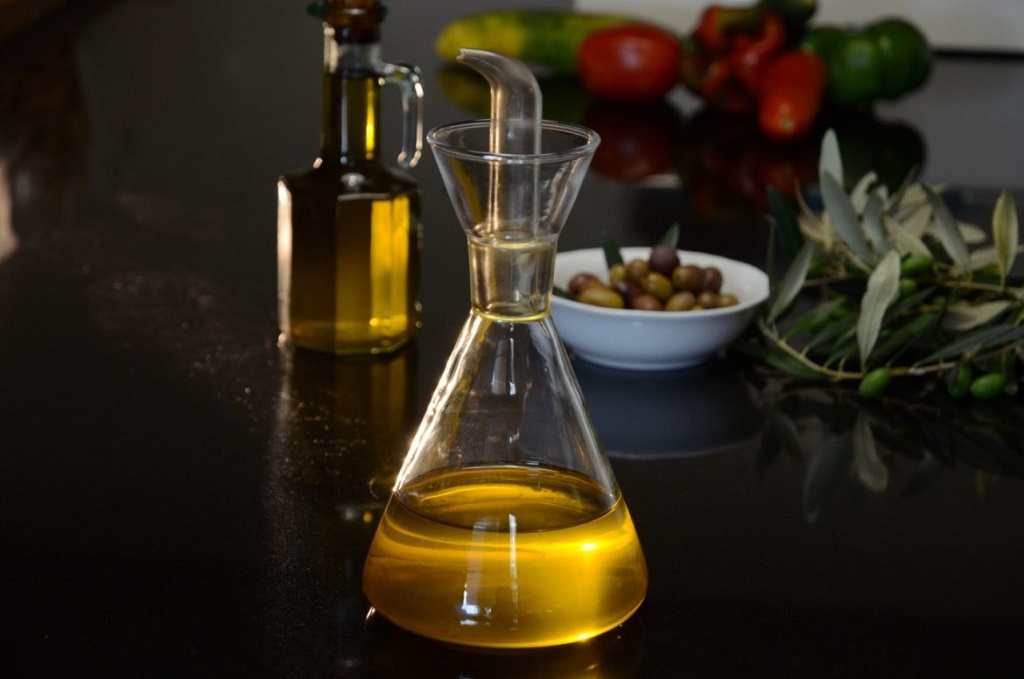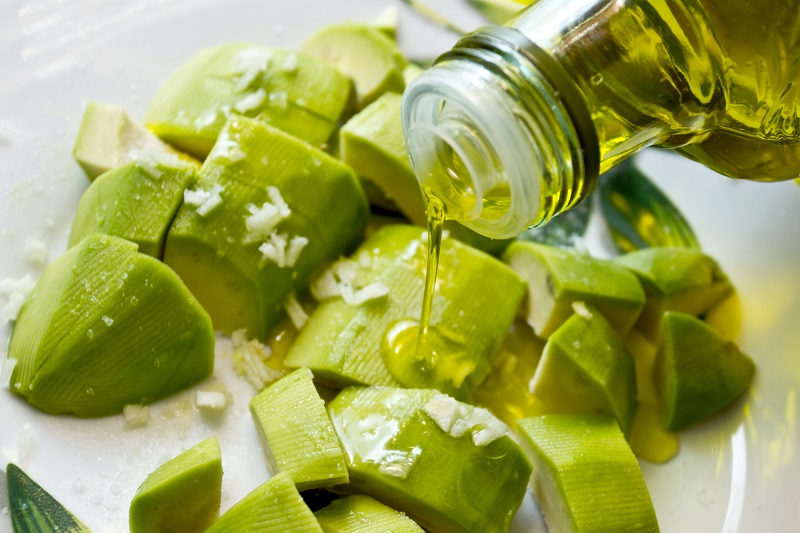
You probably heard multiple times that consuming an excessive amount of oil or oily food is terrible for your health – however, not always. Not when you utilize the Good Grease in the perfect amounts. Then, at that point, it can do wonders for your health. However, I have always believed in and urged individuals to remember Reasonable Intake of oils for their diets. When it’s all said and done, all the specialists say. Olive, avocado, coconut – you want these healthy fats in your diet. And the good is that quality food doesn’t need to be tasteless. And no, you don’t have to give up oil to eat healthily. In fact, in opposition to mainstream thinking, fat is a fundamental macronutrient required by our body for different purposes, including nutrient absorption and cell development. Also, oils utilized for cooking or showering over salads of mixed greens and soups contain the most significant oils in your meal.
The problem is that most cooking oils that are promptly accessible likewise will more often than not be the unhealthiest ones you can consume. Therefore, knowing the Importance of Oil and Reasonable Intake is vital. And, How to Choose which one is a Good Grease for your health.
Understanding Different Types of Fats
Since there are so many food oils accessible to utilize, understanding the various kinds of fats, both great and terrible, that make up these oils are significant.
Unhealthy Fats
Saturated Fats: The less you have of these fats, the better. Under 7% of your daily fat calories should come from saturated fats. To scale back saturated fats, limit: Butter, yogurt, Whole milk and cheddar, etc.
Trans Fats: Remove trans fats from your diet by avoiding food varieties that contain somewhat hydrogenated oils. Many packaged or processed food sources contain these oils, so examine the ingredient rundown.
Healthy Fats
Monounsaturated Fats: Get the benefits of these monounsaturated fats from avocados, olives, and nuts. Utilize version virgin olive oil as frequently as could be expected. For higher heat cooking or baking, consider almond, nut oil or avocado Oil as good ways for getting monounsaturated fats.
Polyunsaturated Fats: Focus on eating more food varieties loaded with omega-3s. Pick slick fish and walnuts, chia seeds and flaxseeds. The American diet routine will, in general, be omega-6 heavy, so don’t bother stressing over adding those in.

How Would You Decide Which Oil is the Best to Cook With?
The more double bonds a fat has, the more powerless it is to heat, light and oxygen. That implies fragile fats, for example, chia oil, flax oil, and walnut oil will be handily annihilated by heat, while the steady fats, for instance, ghee, coconut oil, grease and fat, will be more reasonable for high-heat cooking.
Below are the Top Five Healthier Oils
Cooking oils have their upsides and downsides. It’s helpful to pick cooking oils based on their smoke point and level of handling.
Olive Oil
The heating point of this olive oil is around 350°F (176°C), which is a typical cooking temperature for many recipes, especially baked goods. It has a medium smoke point and functions admirably for baking and cooking. It’s wealthy in cancer prevention agents and may have anticancer, anti-inflammatory, and heart medical advantages.
Avocado Oil
It has a smoke point of approx. 520°F (271°C), making it ideal for high hotness cooking like profound broiling. Avocado oil is healthfully like olive oil. It might have mitigating, cancer prevention agents, and heart-medical benefits. It likewise has a higher heating point than functions admirably for high heat cooking strategies like deep frying.
Sesame Oil
It has a medium-high smoke point of roughly 410°F (210°C). Sesame oil offers various advantages and has a medium-high smoke point and flexible, nutty flavor. Recall that toasted sesame oil isn’t the same thing and is more appropriate for finishing a dish.
Safflower Oil
The smoke point for safflower oil is higher, sitting at roughly 510°F (265°C). It also has a high heating point and neutral flavour, and it might have calming properties and advance heart health and blood sugar management.

Hence, utilizing a moderate amount of these referenced above oils in your everyday meal can help you to forestall heart-related sicknesses, diminish the enlarging and redness in your body, and guarantee that your body can get sufficient energy, and your joints don’t get stiff, and ways more than these.
Whether you pick healthy oil, ensure you use it in moderation to avoid excess calorie intake. You should gauge the serving size of each kind before adding them to your recipe to maintain a check on how much oil you are taking. Ideally, you should consume rich oils in unsaturated fats instead of those high in saturated fats.
